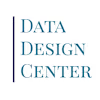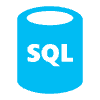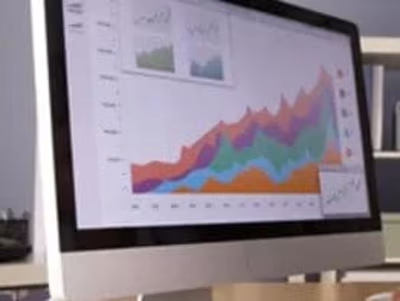BI Consulting for a Diversified Company with 30+ Businesses
Customer
The Customer is a conglomerate running 30+ businesses worldwide, such as oil and gas, travel, FMCG wholesale and distribution, with the total revenue measuring in billions of dollars.
Challenge
Operating multiple businesses that are completely different in nature and totally independent in terms of IT infrastructure, the Customer had operational data locked within each business. The absence of data integration among the businesses hindered the Customer from implementing such initiatives as 360-degree customer view and a conglomerate-wide loyalty program.
Additionally, considering a potential growth, where a new business should smoothly fit into the existing IT environment, the Customer needed to develop a standardized approach to integration. The Customer also wanted to get bird’s eye view reporting that would embrace all business directions. To achieve that, the Customer commissioned DataDesignCenter to suggest a high-level architecture and a technology stack for each architecture component.
Solution
The project started with the onsite visit to the Customer, where our BI consulting team had Q&A sessions with the top management of each business. During the sessions, our consultants examined as-is infrastructures and existing processes of each business, for example, sales pipelines functioning, as well as identified problems and integration gaps. Our team gathered the following stakeholder requirements for the future analytics and reporting tool: near real-time data processing, multi-dimensional data modeling, fast ad-hoc reporting and mobile view for reports.
Based on these findings, our consultants designed a high-level architecture with three technology stack options. To justify the technology selection for each architecture component (enterprise service bus, ETL, data warehouse, analytics and reporting), our team conducted deep analysis. For each component, we narrowed the focus down to four technologies, as agreed with the Customer. So, the final list of technologies included 16 different tools.
To assess each set of technologies, our BI consultants devised individual parameters, such as:
1.Fault tolerance and support of streaming for an enterprise service bus
2.Data extraction performance, data quality assurance and master data management for ETL
3.Structured data processing, support of multi-dimensional cubes, in-memory data processing for a data warehouse
4.Advanced analytics, mobile and tablet view, support of self-service BI for analytics and reporting
5.After presenting the specific features of each solution to the Customer and discussing their strategic business initiatives, our team came up with the final version of high-level architecture and technology stack.
Results
At the end of the project, the Customer received a top-level architecture that ensured bird’s eye view reporting and the much-needed integration among disparate businesses. The architecture allowed the business to scale easily thanks to a standardized approach to integration.
The Customer also got a comprehensive report justifying the choice of technologies for each architecture component. The report contained cost estimates, as well as analysis results for each technology considered from multiple angles.
Like this project
Posted Apr 30, 2023
We have suggested an architecture and a technology stack for a conglomerate to get insights from the data generated by all of their 30+ businesses








